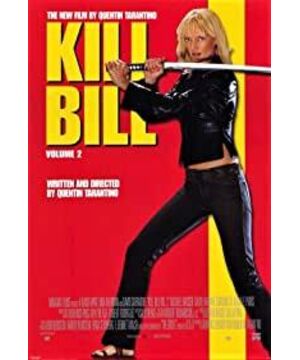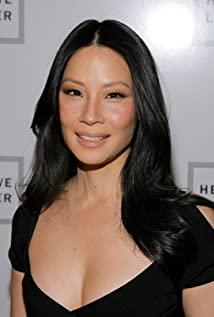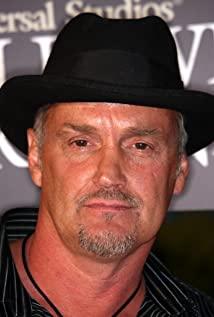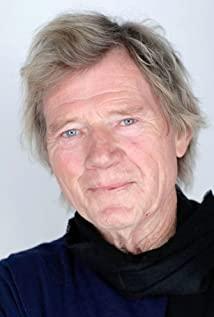This winter vacation, I'm going to summarize Quentin's films, for no other reason. His films are relatively few, with a fixed style, making them easier to watch and summarize.
I watched two Kill Bill films in the past few days. The first feeling was that Quentin's storytelling ability was so strong that an old-fashioned revenge story could actually be shot. . .
The movie is divided into 10 chapters to narrate, each chapter is an independent scene, but there is a connection between them, and they are not in order The suspense drama is so difficult to understand, it does not lose interest, but also takes care of the audience's perception.
My impression of the first film is the picture, music and atmosphere, in one sentence: the first film is a great movie. The exciting action scenes at the beginning, the music and long mirrors of the gangster debut, the action scenes where the protagonist singled out the gangsters, and the final duel in the snow all made people watch with excitement, and it is worthy of being a frequent visitor to the movie editing works of station b.
In fact, it is the second work that impresses me more. In the first part, the whole story background was not clearly explained, and although the second part is not as exciting as the action scenes in the first part, the literary drama has been greatly improved.
Here I will only focus on the dialogue between Bill and the protagonist at the end, although I also quite like the scene of Bud.
Bill used Superheroes and Spider-Man as examples in the conversation. Peter Parker was just a mortal before he put on a battle suit and became a superhero (mask), he was originally just a boy next door; and Superman was born a superhero The hero, he puts on a suit and glasses (mask) and becomes a mortal. That's why Spider-Man sometimes behaves like a teenage kid even though he's wearing a suit, and Kent is as kind and cute as Superman even though he's cowardly, because some things can't be changed after putting on a mask. Then BILL analogized that Kiddo (the protagonist) was born a killer. She wanted to quit the industry, and being a wife was just a mask for herself, which would not change her true identity, nor would it affect her past. The protagonist also admits that she won't lead an ordinary life, and still feels good about the people she killed before finding BILL, proving that her killer nature hasn't changed since she became a first-time mother. So, what exactly is the director going to tell us here, the determinism of fate? Or determinism? But at the same time we can see that human nature is complex. Killer Bud was wronged in the tavern, and BILL wanted to know the truth at the risk of his life, etc. So sometimes we may have multiple identities at the same time, some things are born, some are acquired, but what does it matter? We don't have to run away from the identities we don't want, we just need to pursue the identities we want. You say that I am a born killer, but I am a mother now, and I prefer to give my time to my children. As for whether I am born, I don't care!
There are many details to discuss in Kill Bill. I always feel that it is a revenge film that breaks the rules. As for the filming, is it good? I don't care, it looks cool, it just makes me think.
View more about Kill Bill: Vol. 2 reviews











